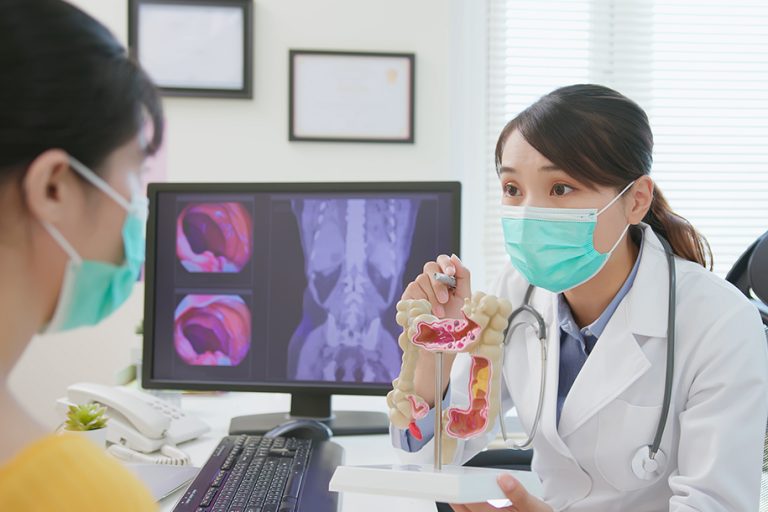Premier General and Colorectal Surgery is a medical practice that specializes in treating diseases of the colon, rectum, and anus. Colorectal surgery is a procedure that involves the surgical treatment of these diseases. If you or a loved one has been diagnosed with a condition that requires colorectal surgery, it’s important to understand what this entails.
WHAT IS COLORECTAL SURGERY?
Colorectal surgery is a surgical procedure that is performed on the colon, rectum, and anus. It is used to treat a variety of conditions, including cancer, inflammatory bowel disease, diverticulitis, and hemorrhoids.
Colorectal surgery can be performed using traditional open surgery or minimally invasive techniques such as laparoscopic surgery. The type of surgery used will depend on the condition being treated and the patient’s individual needs.
PREPARING FOR COLORECTAL SURGERY
If you are scheduled to undergo colorectal surgery, your surgeon will provide you with specific instructions to help prepare you for the procedure. These may include:
- Fasting for a certain period of time before the surgery
- Taking certain medications to prepare the bowel
- Stopping certain medications that may increase the risk of bleeding during surgery
- Arranging for transportation to and from the hospital
It’s important to follow these instructions carefully to ensure the best possible outcome from your surgery.
WHAT TO EXPECT DURING COLORECTAL SURGERY
During colorectal surgery, you will be under general anesthesia, which means you will be asleep and won’t feel any pain. Your surgeon will make incisions in your abdomen to access the affected area of your colon, rectum, or anus.
Depending on the type of surgery being performed, your surgeon may remove all or part of the affected organ. They may also need to perform a colostomy, which involves creating an opening in the abdomen to allow waste to pass out of the body.
RECOVERING FROM COLORECTAL SURGERY
After your surgery, you will need to spend some time in the hospital to recover. Your medical team will monitor your condition and provide pain medication to help manage any discomfort.
You may need to follow a special diet and take certain medications to help your body recover from the surgery. Your surgeon will provide you with specific instructions to follow during your recovery period.
It’s important to take your recovery seriously and follow your surgeon’s instructions carefully to ensure the best possible outcome from your surgery.
WHEN TO SEEK MEDICAL ATTENTION
If you experience any of the following symptoms following colorectal surgery, it’s important to seek medical attention right away:
- Fever
- Abdominal pain
- Bleeding from the surgical incision
- Inability to pass gas or stool
- Signs of infection, such as redness, swelling, or discharge
These symptoms may indicate a complication from the surgery that requires prompt medical attention.
IN CONCLUSION
Colorectal surgery is a common procedure used to treat a variety of conditions affecting the colon, rectum, and anus. If you or a loved one requires this procedure, it’s important to understand what it entails and how to prepare for it.
By following your surgeon’s instructions carefully and taking your recovery seriously, you can help ensure the best possible outcome from your colorectal surgery.


